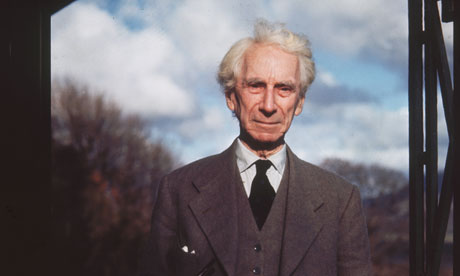The concept of Allostatic Load and Resilience Ratio and how they can
relate to your long term health
Allostatic Load =
Resilience
Allostatic load is a well-studied concept first introduced
by Dr. Bruce McEwen and colleagues that describes the multisystems processes that
result from the cumulative physiologic toll that may be exacted on the body
over the course of a lifetime of efforts to adapt to life’s demands. You can
think of it as the “wear and tear” of daily stressors on your mind and body.
Measuring allostatic load is complex as there are many
things that contribute to it. Many of the physical factors of allostatic load you will be familiar
with as we hear about them all the time. They are elevated resting
heart rate (over 90), obesity, high blood pressure, and uncontrolled diabetes. There are other aspects that contribute to allostatic load such as sleep quality, exposure
to chronic stress or feeling overwhelmed and as having a lack of control in one’s life, negative thinking
patterns and anxiety, even poverty. And finally, those all too important
lifestyle choices like alcohol consumption, smoking, physical activity and
diet.
The processes that contribute to allostatic load involve 2 - way signaling between the brain and body. Therefore, high allostatic load can contribute to both physical and mental stress related illness. We all know these diseases as they are the number one killers in our country: Depression, Diabetes, Heart Disease, and even Cancer! You know, all those diseases your parents and grandparents have or maybe already succumbed to.
This is where resilience comes. Resilience is the flip side
of the coin to allostatic load and it can offset the effects of chronic stress and
improve adaptability in stressful situations. The concept of the allostatic
load and resilience ratio and the effects on vulnerability to genetic disease was
developed by the Benson Henry Mind Body Institute of Massachusetts General
Hospital under the auspice of cardiologist Herbert Benson, MD. Not surprisingly resilience is improved by
healthy lifestyle choices, like eating right, exercising and avoiding excessive
alcohol or drug use. One of the most effective ways to improve resilience
however is through regular meditation, prayer or deep relaxation. You don’t
have to be religious or even spiritual to benefit. In fact, Dr. Benson has
discovered that our bodies have a Relaxation Response that can be thought of as
the opposite of the “Fight or Flight response”.
Other factors that can affect resilience include self-esteem,
involvement in supportive communities or groups of people, good quality and
enough sleep, having a creative outlet or hobby that you practice, having
autonomy and a purpose for living. This list is by no means inclusive, but you
can think of it as the positive things you can do to influence your health positively
and improve your quality of life.
When allostatic load accumulates overtime and resilience is
low, we become vulnerable to our own genetic disease. We may not feel we have the time to do what it takes to offset the
stressors we have in meeting our everyday demands, or we may feel powerless to do so. That may feel the most true for the most vulnerable among us. Health change is difficult. And it takes time. But we can learn ways
to decrease our allostatic load and increase our resilience. For those of us that do, the payoffs are great.
To read more try: Relaxation Revolution by Herbert Benson, MD
© Regina Zopf and Trotula Health, 2013. Unauthorized use and/or duplication of this material without express and written permission from this blog’s author and/or owner is strictly prohibited. Excerpts and links may be used, provided that full and clear credit is given to Regina Zopf and Trotula Health with appropriate and specific direction to the original content.








